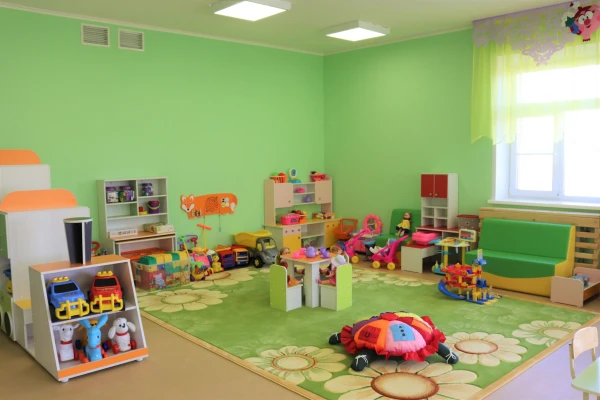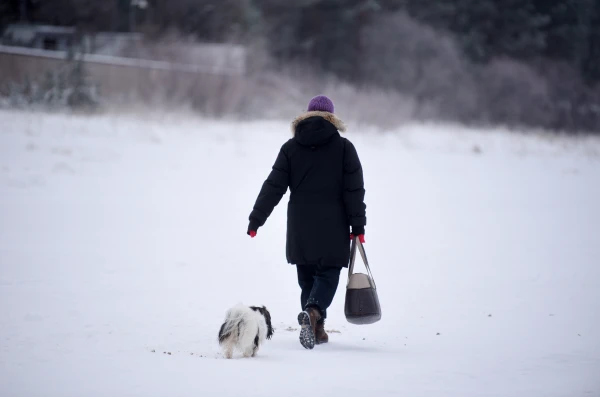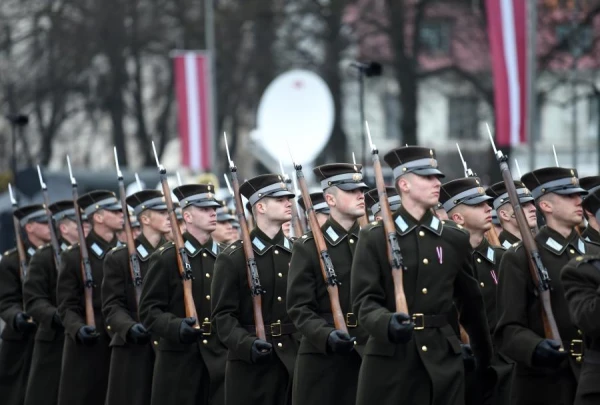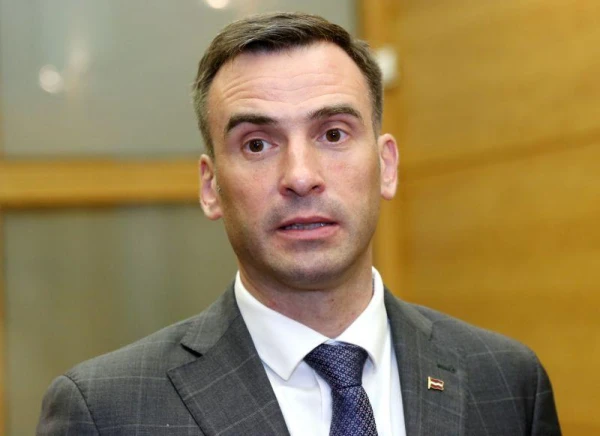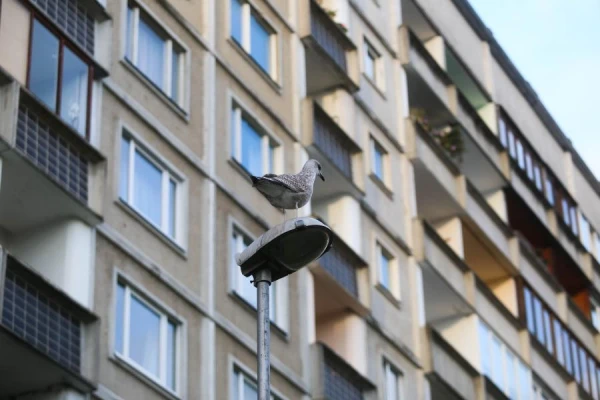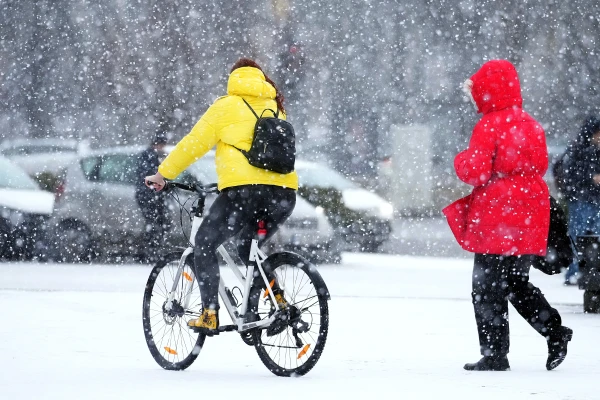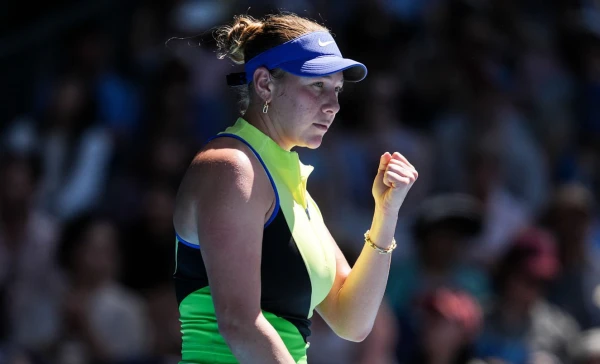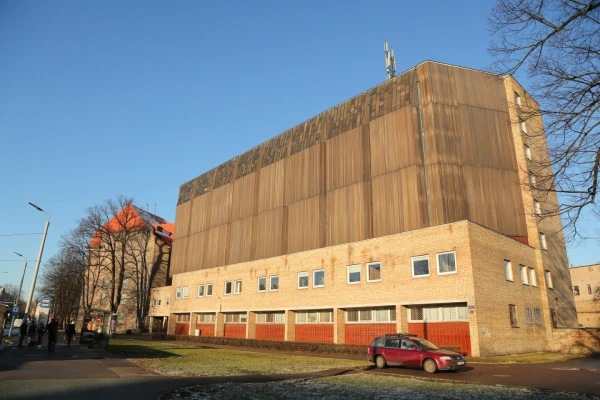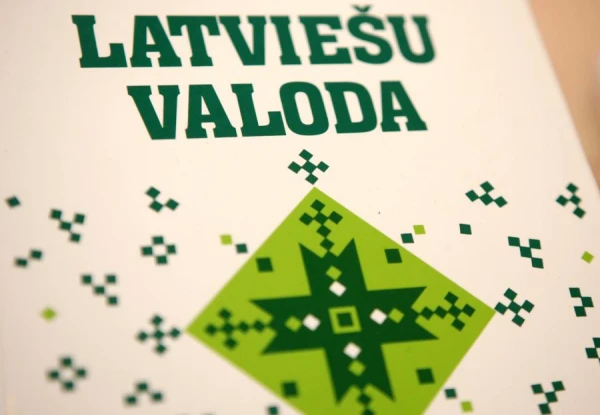
Some students still face language barriers and need additional support, especially those from families that do not speak Latvian, as well as students who interact little with peers who speak Latvian in their daily lives. This conclusion was reached by the State Service for Quality Education (GSKO) after conducting a survey among eighth-grade students.
In the 2024/2025 academic year, approximately 800 eighth graders were surveyed using a random sampling method to determine how the transition to instruction solely in Latvian is progressing.
More than 90% of students indicated during the survey that their knowledge of the Latvian language has improved somewhat or significantly since the transition to a "single school."
Students noted that the greatest support for them came from teachers applying various teaching methods, support specialists (speech therapists, special educators, and teacher assistants), as well as new dictionaries and other auxiliary materials and the opportunity to receive consultations.
At the same time, the survey data showed that a significant portion of students still feel the need for additional support, which is often related to the involvement of family, friends, and extracurricular activities. Students whose parents do not have a good command of the Latvian language consider private tutoring, interest groups in Latvian, or help from friends as important support. Students also realize that they could read books, watch movies in Latvian more often, and befriend peers who are proficient in the language.
The survey results also indicated that despite the recommendations of the State Service for Quality Education (GSKO) and the Ministry of Education and Science not to use automatic translation as the primary method when a student does not understand material in Latvian, most teachers still choose this method as a primary solution. Therefore, as noted by GSKO, the success of the transition to instruction solely in Latvian largely depends on how confident the teachers themselves are in the effectiveness of the chosen form of support, as well as the expectations of the children and their parents. Additionally, there is social pressure and a widespread belief that translation is the quickest and easiest way to assist students.
This is the third and final academic year in which schools implementing minority education programs are transitioning to instruction solely in Latvian.
According to the GSKO report on the transition to a "single school" in the 2024/2025 academic year, in most schools, it is proceeding according to plan; however, one-third of educational institutions have identified serious difficulties. The main problems in these schools are related to the inability of the administration to manage changes, insufficient preparation of teachers to work in a linguistically heterogeneous environment, a lack of teachers and support specialists, and inadequate implementation of a competency-based approach.
In the 2024/2025 academic year, the transition affected 8,299 students, of whom 289 are studying in private educational institutions, and 8,010 are in municipal schools.
